
At an Institute for Value-Based Medicine® event cohosted by The American Journal of Managed Care® and Optum, speakers emphasized that innovation is urgently needed in primary care delivery to address the broken US health care system.

At an Institute for Value-Based Medicine® event cohosted by The American Journal of Managed Care® and Optum, speakers emphasized that innovation is urgently needed in primary care delivery to address the broken US health care system.

At an Institute for Value-Based Medicine® event held in Phoenix, Arizona, experts from Banner Health and Aetna discussed how health inequities and social determinants of health can affect primary care in patients with any type of insurance.
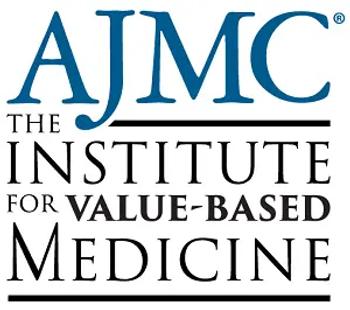




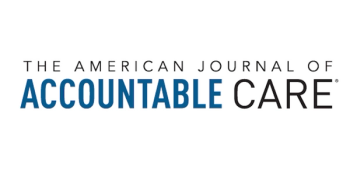
Pharmacy stakeholders met in Newport Beach, California, for an Institute for Value-Based Medicine® event to discuss the intersection of value-based medicine and pharmacy.

Health care providers and policy experts gathered in New Orleans, Louisiana, to discuss the complex interplay between food insecurity and obesity as well as the expanding toolbox of options to support patients in achieving a healthy weight.

Diagnosing and treating gestational diabetes can have long-term positive effects on the health of the mother and the baby, warranting a distinct focus on the condition, according to an Institute for Value-Based Medicine® event held in Cleveland, Ohio.

Clinicians and leaders from Duke University convened in Durham, North Carolina, to discuss unmet needs in the care of patients with diabetes and opportunities to close those gaps through coordination, education, support, and technology.
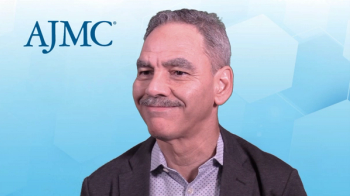
Gustavo Fonseca, MD, FACP, physician director of clinical research, Florida Cancer Specialists & Research Institute (FCS), discusses the results from a late phase complexity analysis on barriers to clinical trials regarding biopsy requirements.
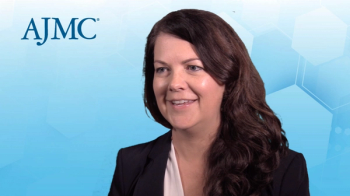
Jennifer Gass, PhD, FACMG, associate director, Genetics Laboratory, Florida Cancer Specialists & Research Institute, discusses the recent Genetics Laboratory, which focuses on next-generation sequencing (NGS) testing in oncology care.
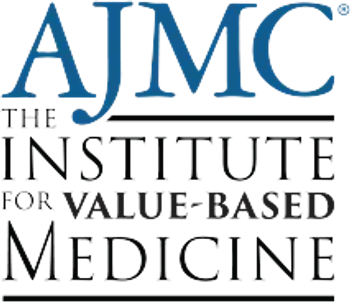
Coverage from the Institute for Value-Based Medicine event in Atlanta, held in partnership with Winship Cancer Institute of Emory University.
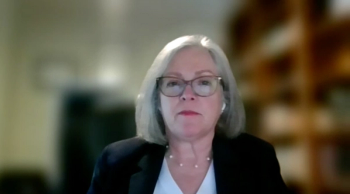
Susan Escudier, MD, FACP, vice president of value-based and quality programs for Texas Oncology, discusses how collaboration between oncologists and primary care physicians (PCPs) can improve patient satisfaction and outcomes.

Stephen M. Schleicher, MD, MBA, Tennessee Oncology, co-authored a recent paper on the complexities of the rural cancer experience; the principal conclusion was potential for a streamlined care process to optimize care efficiencies and access, thereby improving patient outcomes.
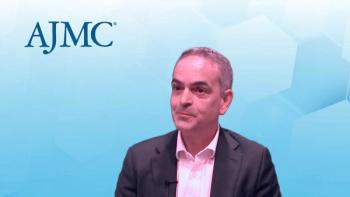
For all the success the hematology/oncology space has seen over the past 20-plus years, difficult discussions now focus on paying for that care, explained David A. Eagle, MD, New York Cancer & Blood Specialists.
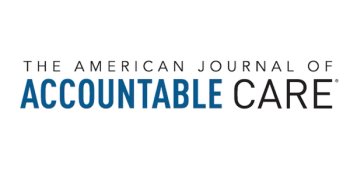
At a Kansas City, Missouri, meeting of the Institute for Value-Based Medicine®, speakers discussed ways to eliminate wasteful care and build the infrastructure required to advance value-based care delivery.

Close to 80% of what influences how long someone is going to live is where and how they live, and we need to pay more attention to that or we’re not paying attention to everything that affects their lives, explained David A. Eagle, MD, of New York Cancer & Blood Specialists.

Many people believe health equity is such a big issue that there is not much an individual practice can do to address it, explained Susan Sabo-Wagner, MSN, RN, OCN, executive director of clinical strategy, Oncology Consultants of Houston.
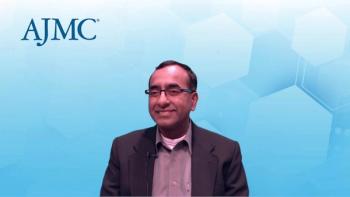
Carolina Blood and Cancer Care Associates’ No One Left Alone initiative works to dismantle cancer health disparities and increase health care equity among its rural patient population. Sashi Naidu, MD, director of research, discusses delivering next-generation sequencing testing to patients.

Stephen M. Schleicher, MD, MBA, chief medical officer at Tennessee Oncology, discusses the present state of value-based oncology care and what the future may bring when the Enhancing Oncology Model kicks off on July 1.

David A. Eagle, MD, New York Cancer & Blood Specialists, discusses the present state of treatment for cancer, which often sees patient financial concerns outweighed by the cost of treatment.

We’ve found through health equity initiatives that the search for the right telehealth modality is never ending, explained Oncology Consultants of Houston’s Susan Sabo-Wagner, MSN, RN, OCN, executive director of clinical strategy.
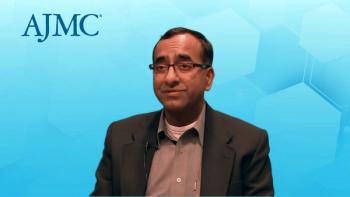
At Carolina Blood and Cancer Care Associates, the No One Left Alone (NOLA) initiative is working to break down cancer health disparities among its patients by addressing the social determinants of health that may be preventing equitable access to care.

The dilemma of Alzheimer disease in primary care, as well as other health challenges in aging populations, was the focus of a recent Institute for Value-Based Medicine® event in Portland, Oregon.

Leaders from Ochsner, Xavier, and their partners gathered on September 13, 2022, in New Orleans to offer an overview of the Healthy State initiative during a session of the Institute for Value-Based Medicine®.

There is a major role for telehealth in oncology care, not only for its convenience but also for giving clinicians the ability to scale nononcologic visits, explained Emeline Aviki, MD, MBA, FACOG, assistant attending gynecologic cancer surgeon at Memorial Sloan Kettering Cancer Center (MSKCC) in New York City and lead of the MSKCC Affordability Working Group.

Stephen M. Schleicher, MD, MBA, chief medical officer at Tennessee Oncology, addresses the “huge problem” of financial toxicity among patients with cancer, which can be attributed in part to both the high price of targeted treatments and even from ordering only necessary testing.

Co-hosted by Memorial Sloan Kettering Cancer Center, the most recent Institute for Value-Based Medicine® event took place on September 22, with a focus on improving cancer care delivery through innovation.

259 Prospect Plains Rd, Bldg H
Cranbury, NJ 08512
© 2025 MJH Life Sciences®
All rights reserved.
